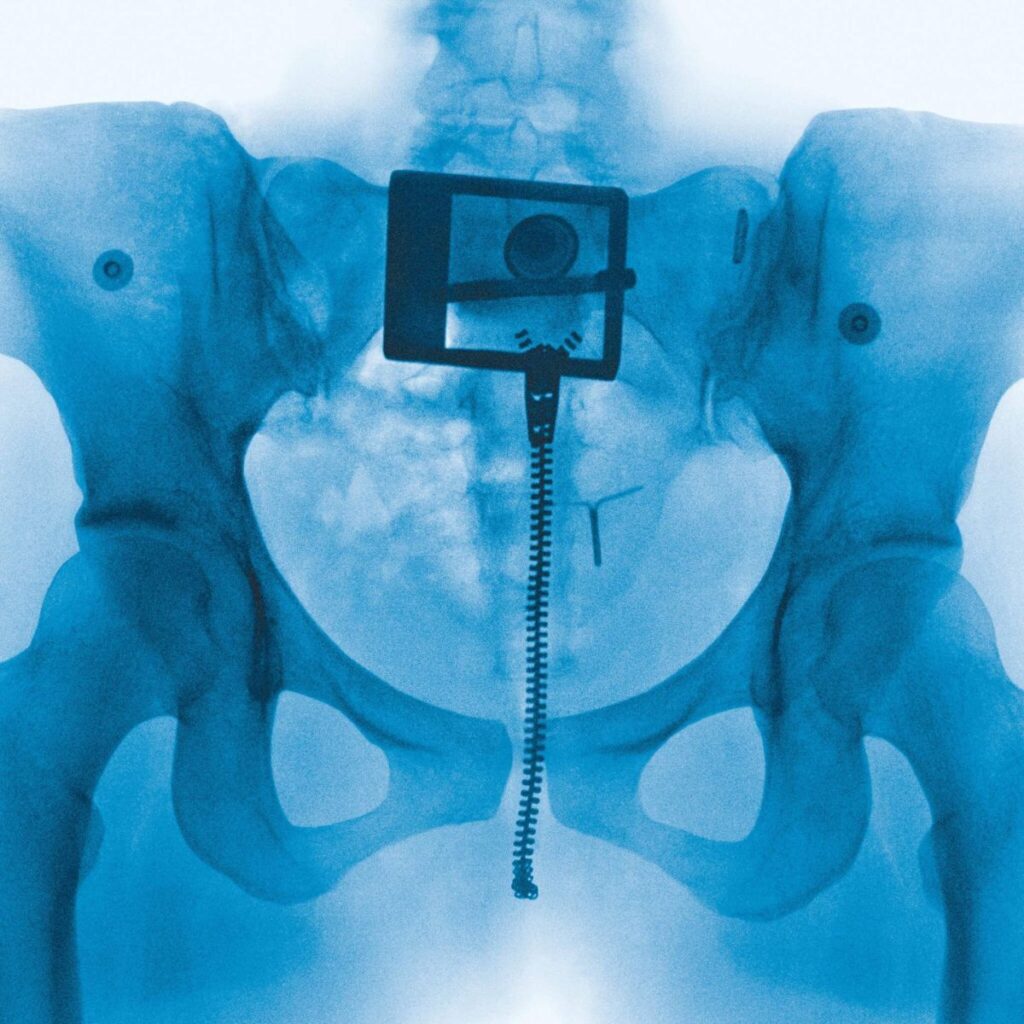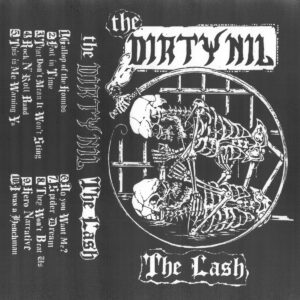
Lorde Finds Herself (Again) on Virgin
The pop futurist trades clarity for grit—and finds divinity in the mess—on her long-awaited fourth album.
by Cam Delisle
Somewhere between the sticky euphoria of a house party comedown and the crushing stillness of a hotel room curtain drawn at noon, Lorde once admitted that she associates each of her albums with the substance she was using most at the time of recording. Pure Heroine, her black-lipsticked debut of teenage detachment and midnight bravado: alcohol. Melodrama, her sophomore opus of pulsing neon grief: MDMA. Solar Power, her barefoot spiral into introspection and salt air: cannabis.
I note this pattern not as tabloid bait, but as a way of tracking how Lorde’s creative eras have previously been tethered to altered states—mirroring not just sound, but also emotional terrain. Her latest, Virgin, arrives as a conscious break from those external crutches. Rooted in a raw exploration of body, gender, and transparency, she’s spoken of it as “100 per cent written in blood,” and framed it around being comfortable in a body she once shrank inside. Unlike the substance-coded atmospheres of her past records, Virgin feels soberly and defiantly lucid. Born not from chemical haze—though she’s since revealed undergoing psychedelic treatment for PTSD tied to stage fright—but from full spectrum presence.
“I’m ready to feel like I don’t have the answers,” she bares on the record’s psychedelic opener, “Hammer.” What follows is a reckoning—11 tracks of bloodletting, where clarity slips through trembling fingers and the ache of wanting something knowable becomes its own kind of faith. “Broken Glass” moves with the widescreen ache of a “Supercut”-style epiphany, while the electro-rock of “If She Could See Me Now” peels back the layers to reveal a bruised kind of self-love.
The record’s lyricism is sharp, unsettling, and packed with visceral intensity. Be it the harrowing confessional of “Clearblue,” where she revisits a fragile moment in which she took a pregnancy test, or the gleaming, reckless thrill of “Current Affairs,” where she spitfires lines like “You tasted my underwear,” thrown like a dare across the room—Lorde, as usual, buzzes with an unapologetic, exposed honesty.
Eight years after Melodrama nearly perfected the pop confessional, Virgin proves there was still further to go—Lorde has never sounded more complete or more herself. The record’s cover feels like a bandage and a gash simultaneously: an icy-blue pelvic X-ray—brazenly exposing a belt buckle, zipper, and even an IUD—pins her traumas and stark transparency like a clinical exhibit. If Melodrama mapped the aftermath, Virgin feels like a reclamation of the body that survived it.





